Tens of thousands of supporters from Bangladesh’s Opposition have taken to the streets. The protesters are demanding Sheikh Hasina’s resignation and that a caretaker government oversees the next election. But why is this happening? Let’s take a closer look: Free and fair elections The Opposition says it is concerned about free and fair elections. Prime Minister Sheikh Hasina hopes to return to power for a fourth consecutive term, while the main Opposition Bangladesh Nationalist Party led by ailing former prime minister Khaleda Zia is making its strongest effort to drive Hasina out of office. Bangladesh is a parliamentary democracy with a history of violence since 1991, when Hasina and Zia jointly pushed then-dictator HM Ershad out of office.
Zia and Hasina are arch-rivals.
Zia became prime minister three times — for two full five-year terms and again for a short time. Hasina became prime minister in 1996 and returned to power again in 2008. She has remained in office since then. Hasina says the election should be held under her government’s supervision as specified in the constitution, but Zia’s party and its allies say Hasina must step down to allow the installation of a non-party caretaker government to ensure a free and fair vote. Zia, whose party has accused Hasina of vote rigging in 2018, is effectively under house arrest at the moment after a conviction on graft charges. [caption id=“attachment_12939352” align=“alignnone” width=“640”] File image of Khaleda Zia. Reuters[/caption] Al Jazeera quoted BNP secretary-general Mirza Fakhrul Islam Alamgir as saying there is no scope of “having any fair election under this government”. Activist Mizanur Rahman, speaking at an Opposition rally, added, “We want a fair election.” “All we demand today is to get back the right to vote and exercise the right.” “BNP’s one-point demand is the restoration of democracy in Bangladesh…. This can only be achieved through a free and fair election, which is not possible under the current regime,” senior BNP leader Abdul Moyeen Khan told Reuters. “This government must resign and make way for a free and fair election under an interim government, only through that we can restore a people’s government in Bangladesh,” he added. Human rights concerns Hasina has been accused of human rights violations, of destroying the freedom of the press and suppressing dissent as well as jailing critics including many supporters of the main opposition. Hasina’s security forces are accused of detaining tens of thousands of opposition activists, killing hundreds in extrajudicial encounters and disappearing hundreds of leaders and supporters. The elite Rapid Action Battalion (RAB) security force and seven of its senior officers were sanctioned by Washington in 2021 in response to those alleged rights abuses. Sana Ullah, a BNP supporter, who joined the rally from the port city of Chittagong, told Reuters:
“We are here for people’s right to vote.”
Western governments have expressed concern over the political climate in Bangladesh, where the ruling party dominates the legislature and runs it virtually as a rubber stamp. In May, the United States said it was adopting a new policy to restrict visas for Bangladeshis who undermine the democratic election process at home. Cost of living The Opposition is also protesting about the rising cost of living. The main Opposition party has held bigger protest rallies in recent months, drawing thousands of supporters amid mounting anger. [caption id=“attachment_12939402” align=“alignnone” width=“640”] Bangladesh Nationalist Party (BNP) supporters march during a protest rally in Dhaka on Friday. AP[/caption] “Every important institution of the country has been destroyed and people’s rights have been taken away. Price hikes of every essential have made people’s lives miserable,” Alamgir added to Al Jazeera. “Prices of goods … as well as electricity and the gas situation are out of control. If we can’t provide services to the people, the economic development is meaningless,” Rahman added. ‘Won’t allow Opposition to create obstacles’ But Sheikh Fazle Fahim, a presidium member of the Awami League’s youth front Jubo League, said Bangladesh had been following democratic processes for more than 14 years. He said the government had set a goal of becoming a middle-income country with improved human rights and health. “This is all happening through the democratic process. And we want to send out a message that there is no alternative to a democratic process,” he said at the government rally.
He accused the Opposition of attempting to trigger violence by calling for protests.
Meanwhile, Obaidul Quader, the ruling party’s general secretary, warned that they would not allow the Opposition to create obstacles on the streets. “I have heard you will block the roads. If you take positions at each entry point to Dhaka, we will block your path of movement. Don’t browbeat … Our roots are deep,” he said. Saturday saw Bangladesh police fired rubber bullets and tear gas to disperse stone-throwing crowds blockading major roads in the capital Dhaka. Clashes erupted in several locations when police moved in to clear thousands of people who gathered in the morning to block traffic on key arterials around the city. “Some officers were injured,” Dhaka Metropolitan Police spokesman Faruk Hossain told AFP. “We fired tear gas and rubber bullets.” At least four protest sites around the city saw clashes between police and protesters, Hossain said, with 20 officers injured and 90 protesters arrested. AFP journalists at one protest site in Dholaikhal, an old neighbourhood now a hub for automotive repair shops, witnessed protesters retaliate by throwing rocks at riot police and their vehicles. Bacchu Mia, a police inspector at the Dhaka Medical College Hospital, told AFP that six protesters had been admitted to the hospital with injuries. Senior BNP leaders Goyeshwar Roy and Amanullah Aman had been taken into police custody but had not been formally arrested, Hossain said. Transport links between the capital and other parts of the country were badly disrupted, with trucks and buses stuck in gridlock. With inputs from agencies


)
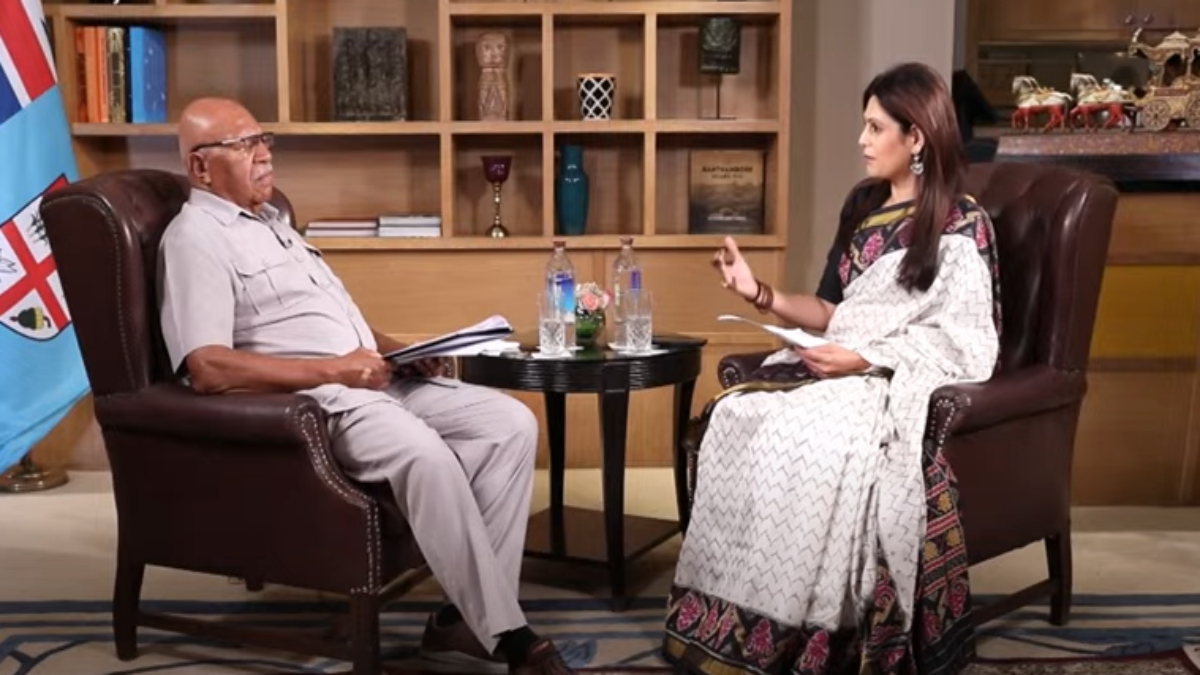)
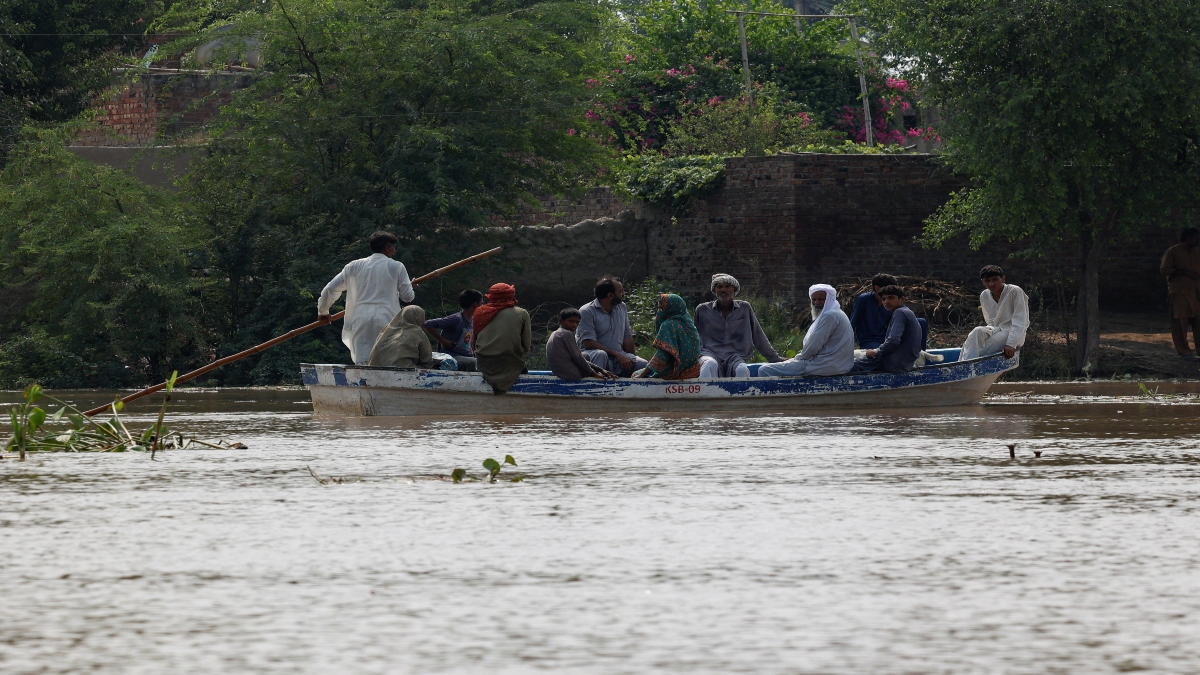)
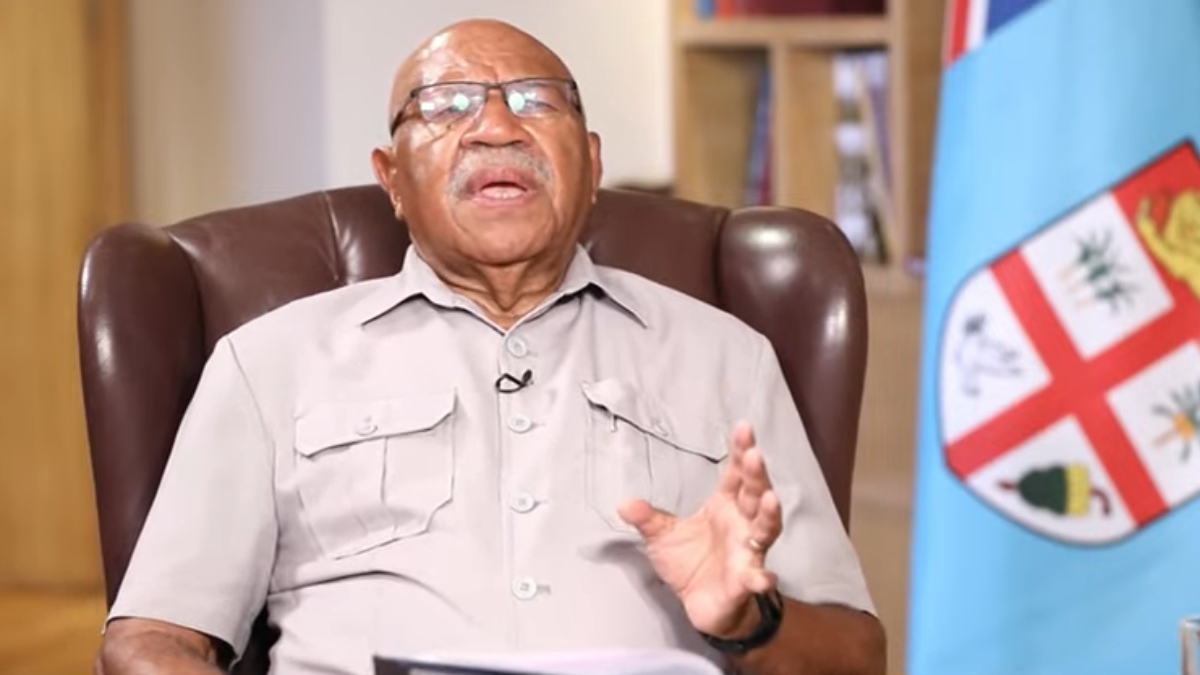)
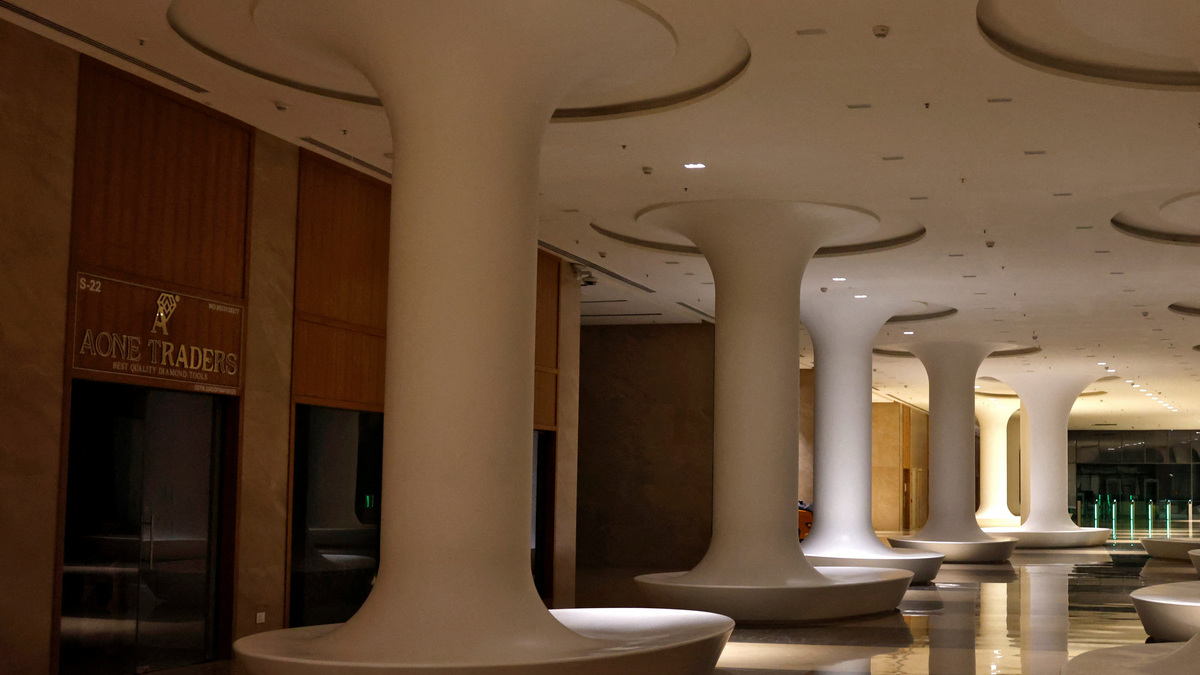)
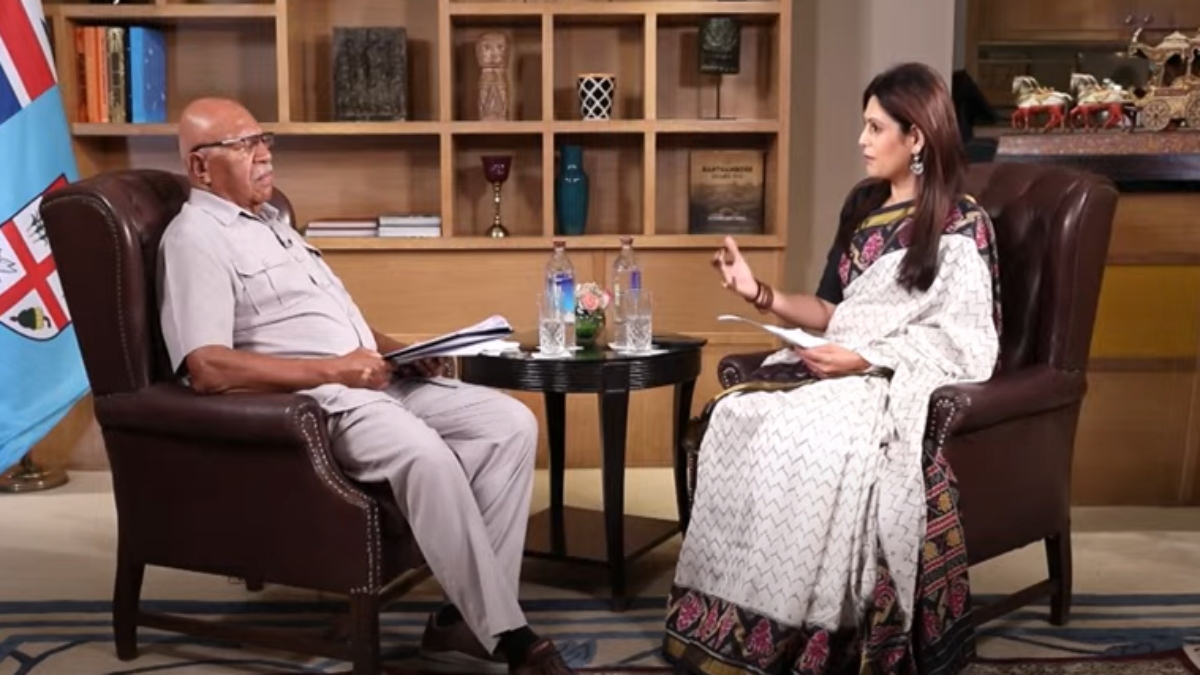)
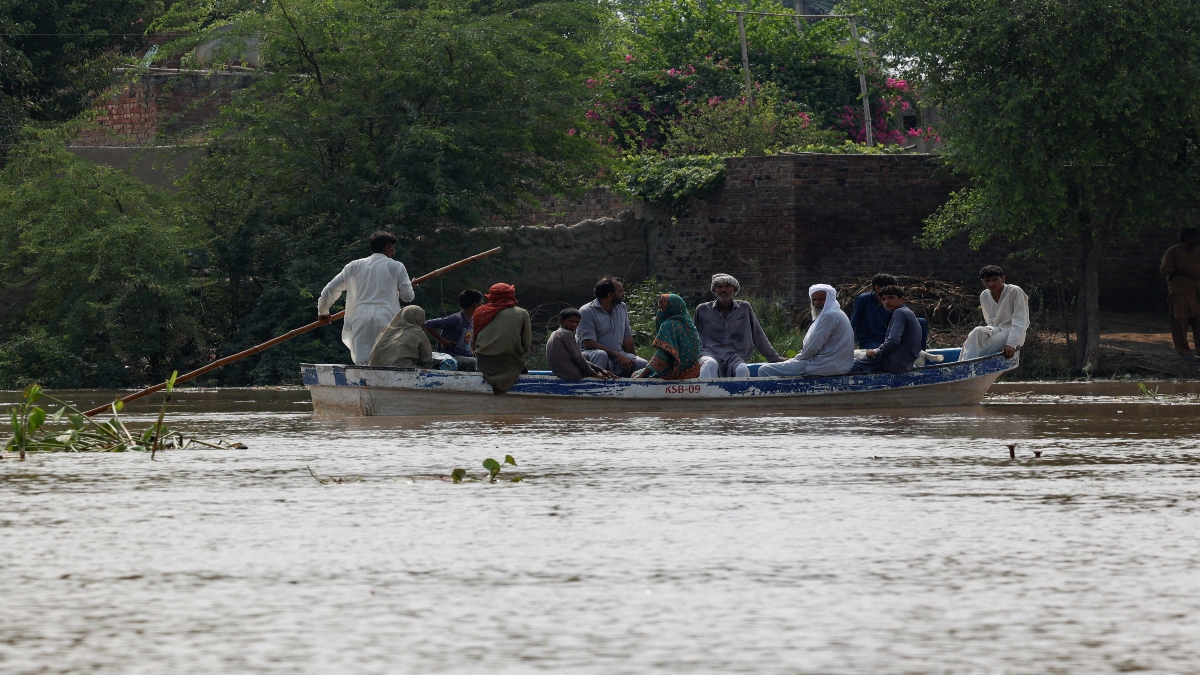)
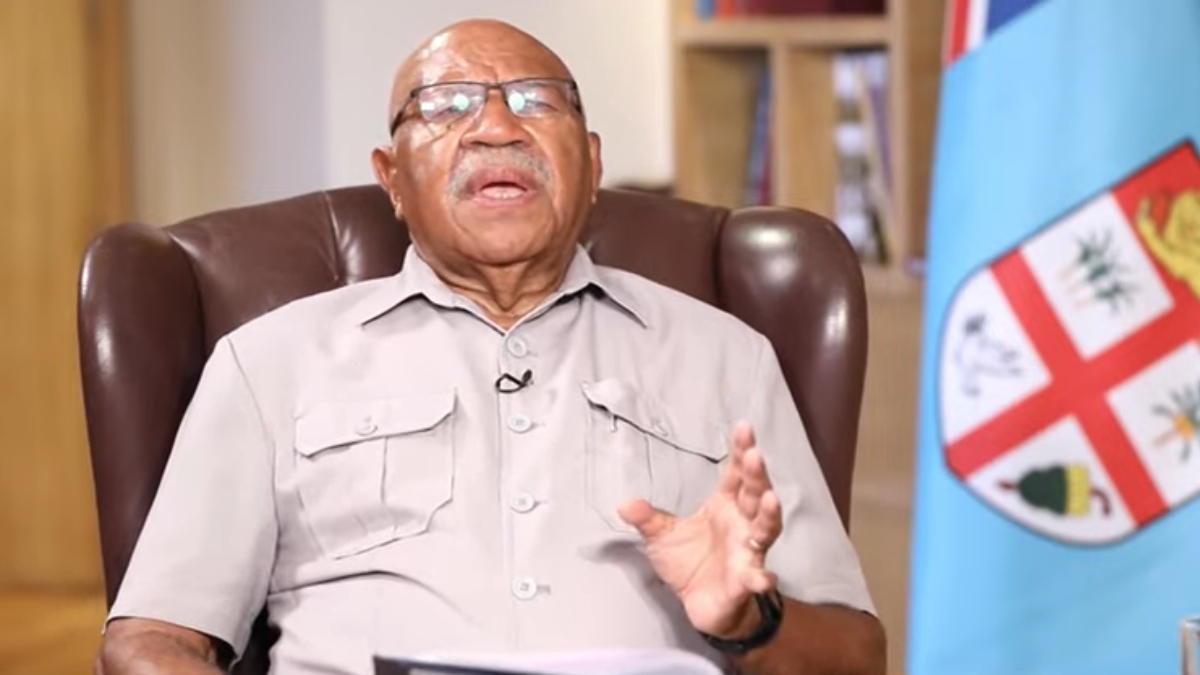)
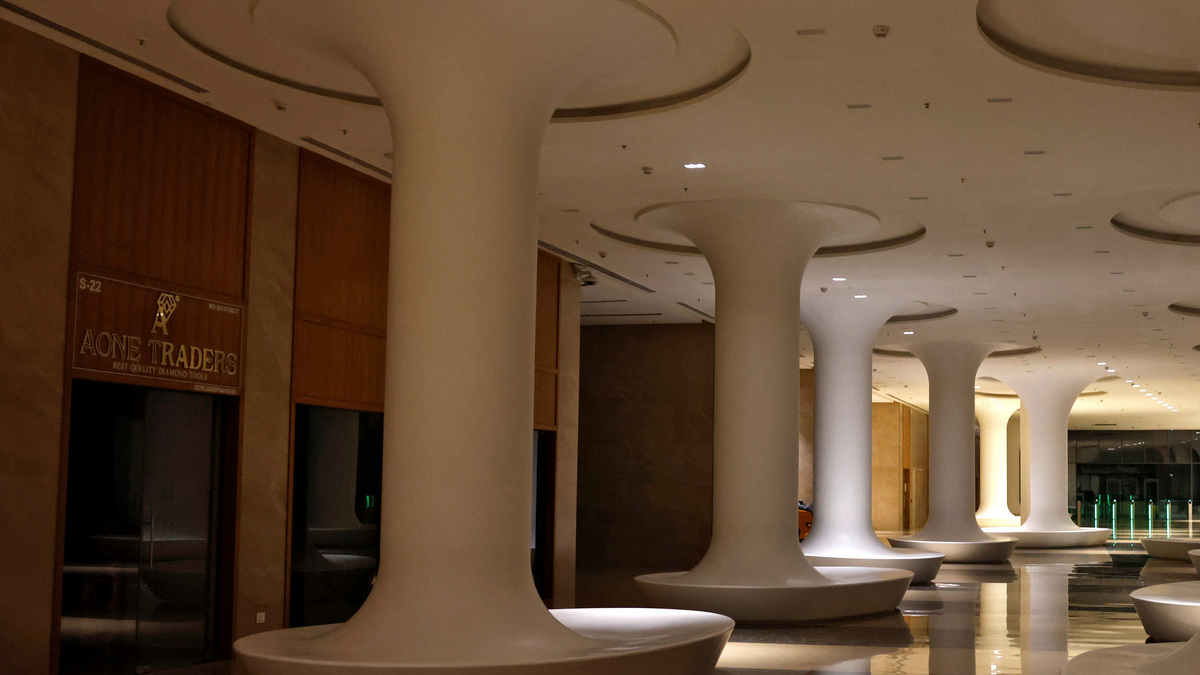)



